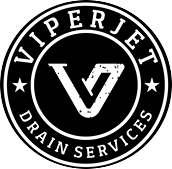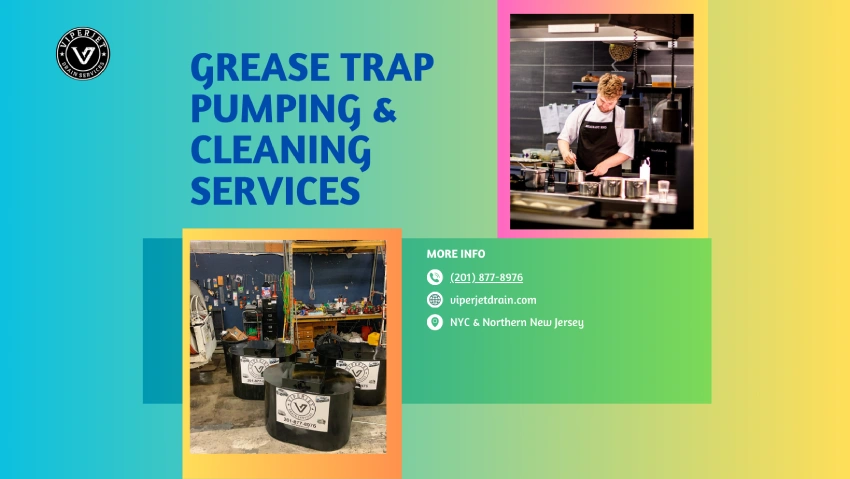Used cooking oil is a common byproduct of culinary activities in households and commercial kitchens alike. While it may seem harmless to dispose of it down the drain, the reality is far from benign. In fact, used cooking oil can wreak havoc on your plumbing system, causing a range of issues that can lead to costly repairs and environmental damage. In this blog post, we’ll explore the dangers of used cooking oil and how it can destroy your plumbing system.
1. Clogs and Blockages:
One of the most immediate dangers of pouring used cooking oil down the drain is the risk of clogs and blockages. As cooking oil cools, it solidifies into a sticky, viscous substance that adheres to the walls of your pipes. Over time, this buildup can accumulate, narrowing the diameter of your pipes and eventually causing complete blockages.
2. Foul Odors:
The decomposition of used cooking oil trapped in your plumbing system can produce foul odors that permeate throughout your home or establishment. These odors are not only unpleasant but can also be difficult to remove, impacting the overall ambiance of your space.
3. Bacterial Growth:
Used cooking oil provides an ideal environment for bacterial growth. As it accumulates in your pipes, it becomes a breeding ground for bacteria and other microorganisms. This can lead to unpleasant smells, unsanitary conditions, and potential health hazards for anyone coming into contact with the contaminated water.
4. Pipe Corrosion:
The acidity of used cooking oil can contribute to the corrosion of your plumbing pipes. Over time, this corrosion weakens the structural integrity of the pipes, increasing the likelihood of leaks, bursts, and other damage.
5. Sewer Backups:
When used cooking oil solidifies and creates blockages in your plumbing system, it can also cause sewer backups. This occurs when wastewater is unable to flow freely through the pipes and is forced back up into sinks, toilets, and drains. Sewer backups are not only unsanitary but can also result in extensive water damage to your property.
6. Environmental Impact:
Pouring used cooking oil down the drain not only harms your plumbing system but also has serious environmental consequences. When cooking oil enters the sewer system, it can combine with other materials to form “fatbergs,” large masses of congealed fat and grease that can block sewer lines and contribute to sewage overflows. Additionally, cooking oil can contaminate waterways and harm aquatic life if it enters natural bodies of water.
7. Legal and Financial Consequences:
Improper disposal of used cooking oil can also have legal and financial repercussions. Many municipalities have strict regulations regarding the disposal of fats, oils, and grease (FOG) to prevent sewer blockages and environmental contamination. Violating these regulations can result in fines, penalties, and potential legal action.
In conclusion, while it may be tempting to pour used cooking oil down the drain, the consequences can be severe. From clogs and blockages to foul odors, bacterial growth, and environmental damage, used cooking oil poses numerous risks to your plumbing system and the environment. Proper disposal methods, such as recycling or composting, are essential for preventing these issues and maintaining the health and longevity of your plumbing infrastructure.

